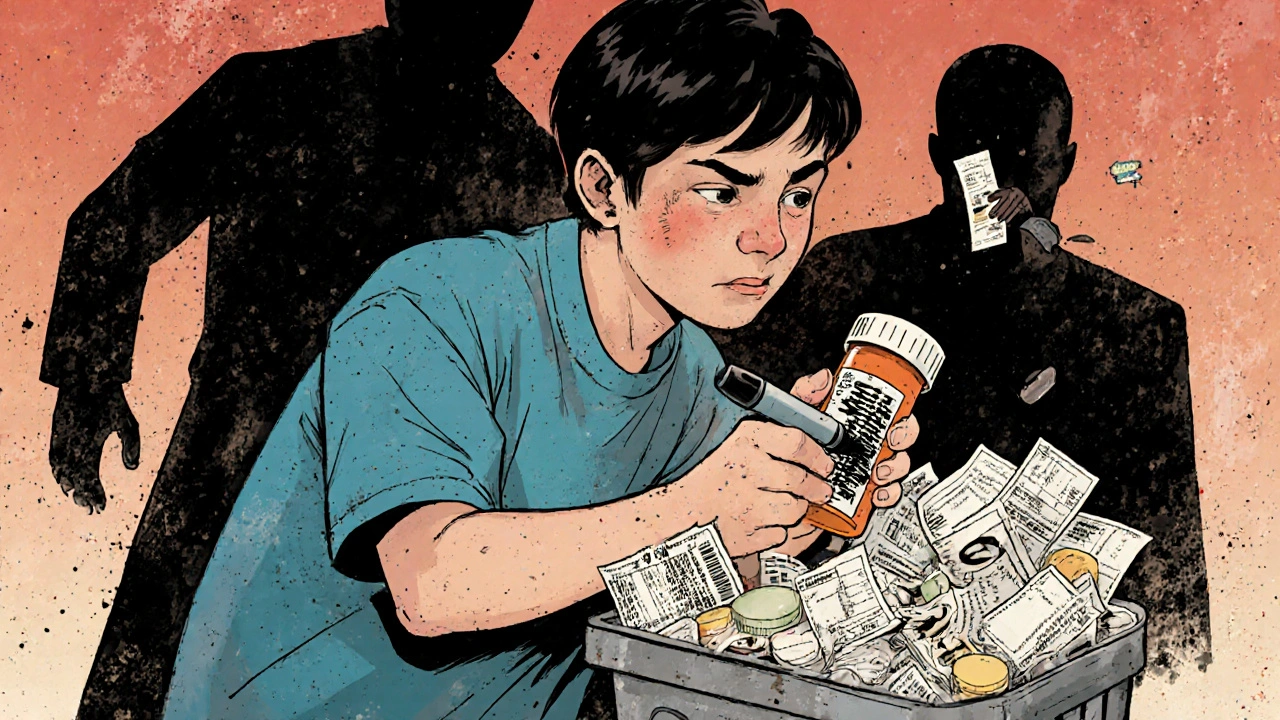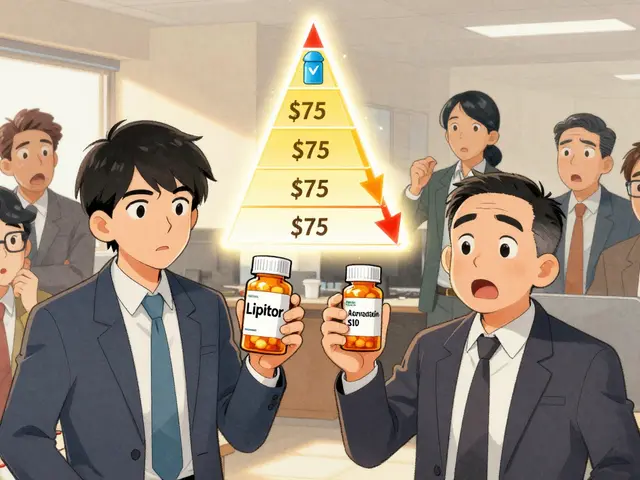Drug Disposal Methods: Safe Ways to Get Rid of Unused Medications
When you have leftover pills, expired antibiotics, or old painkillers sitting in your medicine cabinet, drug disposal methods, the proper ways to discard unused or expired medications to prevent harm and environmental contamination. Also known as medication disposal, it's not just about cleaning out your cabinet—it’s about stopping poisonings, preventing addiction, and protecting water supplies. Throwing pills in the trash or flushing them down the toilet might seem easy, but those habits are dangerous. The EPA and FDA both warn that improper disposal leads to contaminated drinking water, accidental overdoses in kids or pets, and even drug abuse from people rummaging through trash.
One of the safest options is a take-back program, official drug collection events or permanent drop-off locations run by pharmacies, hospitals, or law enforcement. These programs collect unused meds and destroy them safely, often through incineration. Many pharmacies like CVS, Walgreens, and local police stations have year-round drop boxes. You don’t need a receipt, ID, or even to be a customer—just bring in your old pills, liquids, or patches. If there’s no drop-off near you, the FDA recommends mixing pills with something unappetizing like coffee grounds or cat litter, sealing them in a plastic bag, and tossing them in the trash. Never crush pills unless instructed—some are time-release and can become dangerous if tampered with.
Don’t forget about pharmaceutical waste, the broader category of unused or expired medications that enter the environment through improper disposal. This isn’t just your leftover hydrocodone—it’s the antibiotics your neighbor flushed, the antidepressants from a relative’s estate, the old insulin pens gathering dust. These substances end up in rivers, fish, and even our tap water. While the long-term health effects on humans are still being studied, we know for sure that aquatic life is already being affected. That’s why the best drug disposal methods aren’t just about convenience—they’re about responsibility.
You’ll find posts here that dig into real-world examples: how to handle emergency kits with expired meds, what to do when you can’t afford to replace a drug, and how counterfeit pills sometimes end up in homes because people don’t know how to dispose of the real ones safely. Some articles show how community clinics help people get affordable meds so they don’t hoard old prescriptions. Others warn about drug interactions that can happen when old bottles mix with new ones. Whether you’re cleaning out a medicine cabinet after a hospital stay, dealing with a loved one’s passing, or just trying to be more responsible, the guides here give you clear, no-fluff steps to do it right.

How to Protect Your Privacy When Disposing of Medications
Learn how to safely dispose of medications while protecting your personal information. Follow simple steps to prevent identity theft and keep your medical data private.
Detail




